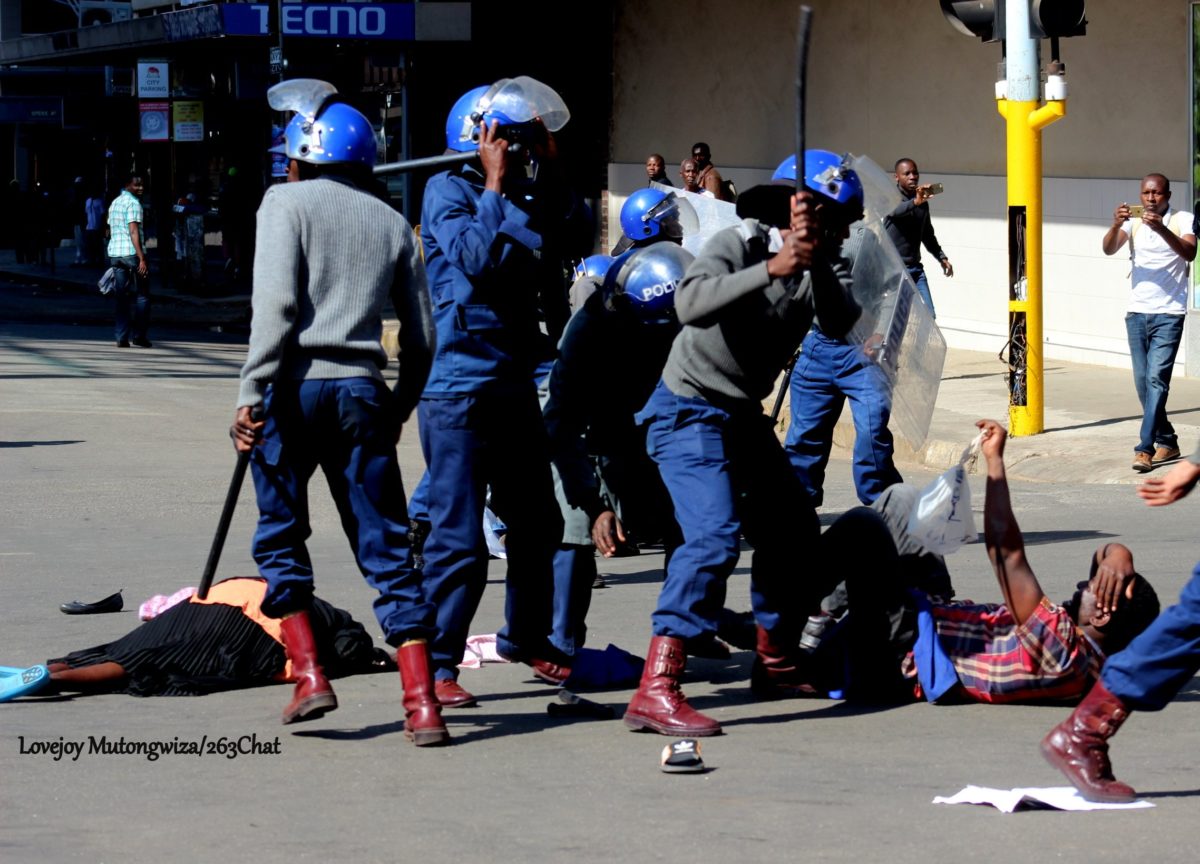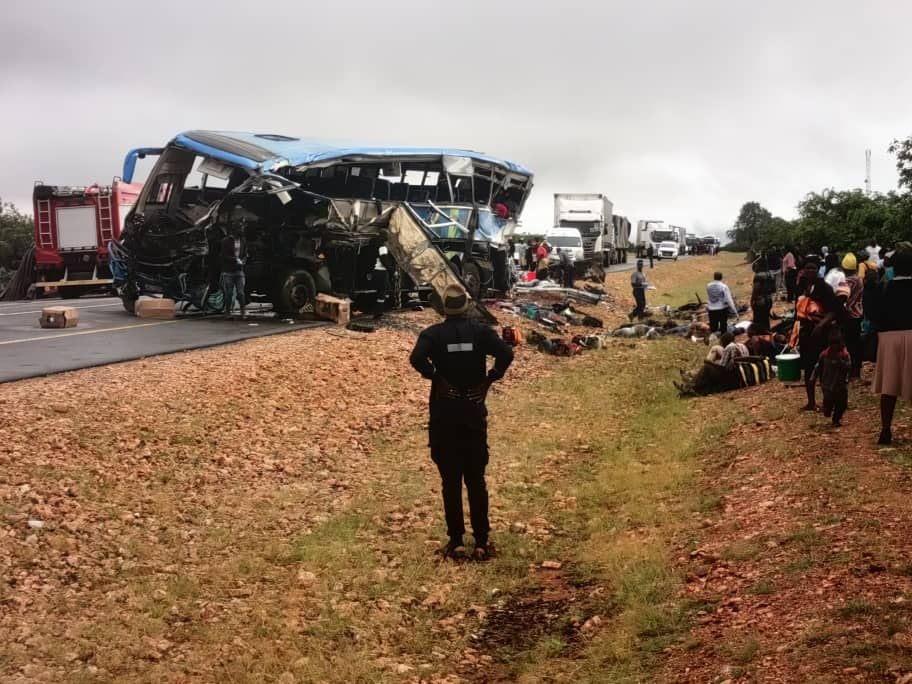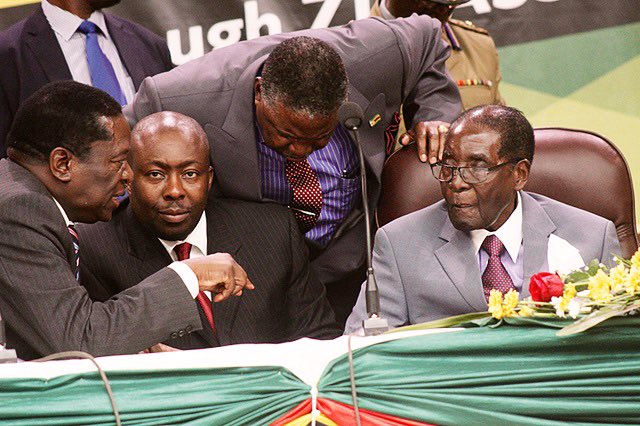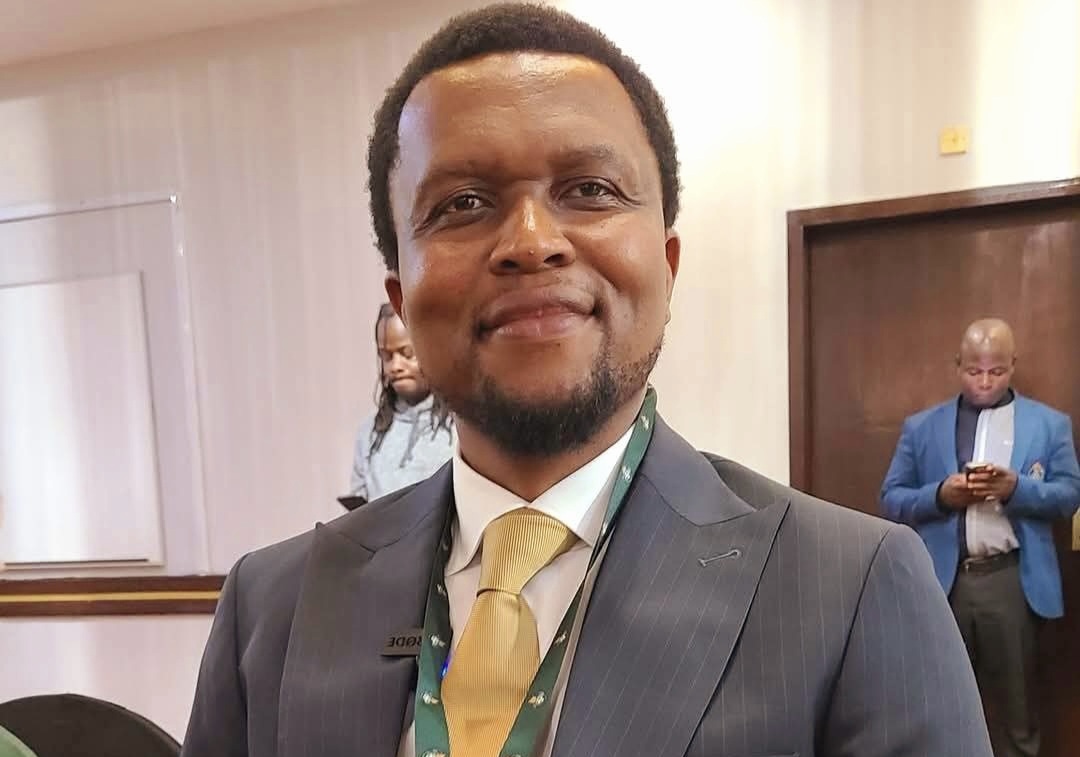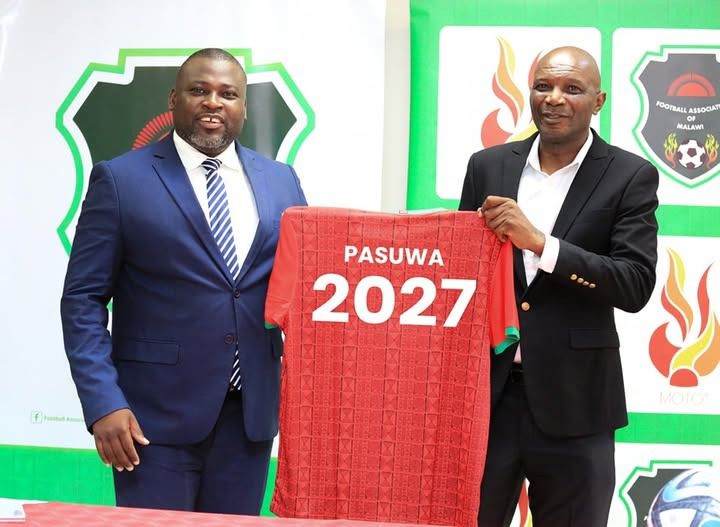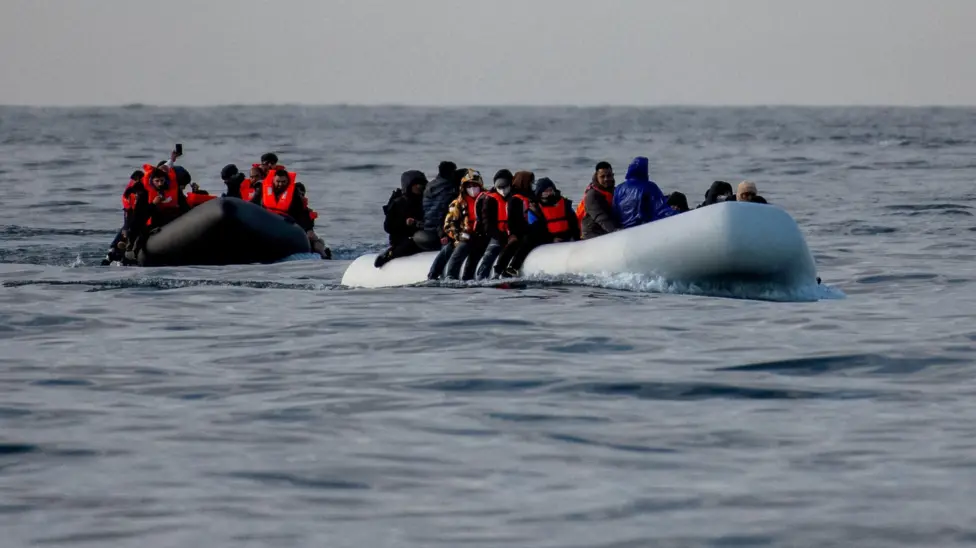HARARE- Police have banned an anti-government demonstration planned for Monday by the Movement for Democratic Change (MDC) in Bulawayo, saying it would likely result in “public disorder”.
Police banned another demonstration in Harare on Friday, when they chased opposition supporters from the capital’s streets with tear gas and arrested dozens of people.
The MDC, which accuses President Emmerson Mnangagwa’s government of repression and mismanagement, called for the protests over the country’s worst economic crisis in a decade.
“Ordinary citizens in the country are experiencing hardships so any call for the demonstrations might be taken advantage of by the already agitated citizens and violence may erupt,” police said in a notice banning the demonstration.
The MDC’s treasurer general David Coltart said: “The junta has employed a cynical new tactic in seeking to frustrate the exercise of section 59 of the Constitution- the right to demonstrate peacefully. By prohibiting marches at the 11th hour they have prevented us from appealing the order in time.
“All that the junta have done is put a lid on a boiling pot but that won’t stop the pressure. The anger of people caused by brazen corruption, abuse of power and incompetent governance by the ruling elite will continue to escalate.”
Ahead of the protest, police arrested MDC national chair Thabitha Khumalo and six others as they went door-to-door in the suburb of Tshabalala urging people to come out for the protest. Police are charging the group with “publishing falsehoods” over a flyer they were distributing which says Mnangagwa “stole” elections last year, the Zimbabwe Lawyers for Human Rights said.
Groups aligned to Mnangagwa’s Zanu PF had approached the Bulawayo High Court on Sunday with an urgent chamber application asking the court to ban the demonstrations, but the application – which was academic following the police issuance of a prohibition notice – was dismissed.
MDC leader Nelson Chamisa said on Friday that his party would continue to mobilise against the government but that it wanted to avoid “blood in the streets”.
Anger is mounting over triple-digit inflation, rolling power cuts and shortages of U.S. dollars, fuel and bread, bringing back memories of the hyperinflation a decade ago that forced Zimbabwe to ditch its currency.
The demonstrations are viewed as a test of Mnangagwa’s willingness to tolerate dissent in a country tainted by a long history of repression under his predecessor Robert Mugabe, who ruled for nearly 40 years.
Zimbabweans had expected that Mugabe’s ousting in 2017 would pave the way for greater freedoms, but opponents say Mnangagwa has failed to make good on promises of political and economic reform.
In January, more than a dozen people were killed during a crackdown in Harare against fuel demonstrations.
In the lead up to last week’s planned demonstration, rights groups said six political activists were abducted from their homes at night and beaten by armed men. – Reuters

